Cultural Icon of Jiangsu: Watery Charm of Taizhou
Watery Charm of Taizhou
On the northern flank of the Yangtze River Delta lies an ancient city cradled by a network of waterways, resting in tranquility for thousands of years. Known as the "Phoenix City", Taizhou enjoys a reputation far and wide, yet it remains modest and often overlooked. While visitors flock to the moonlit shores of Yangzhou's Slender West Lake or the refined elegance of Suzhou's classical gardens, Taizhou quietly preserves the purest cultural essence of the Jianghuai region with its distinctive cultural character.
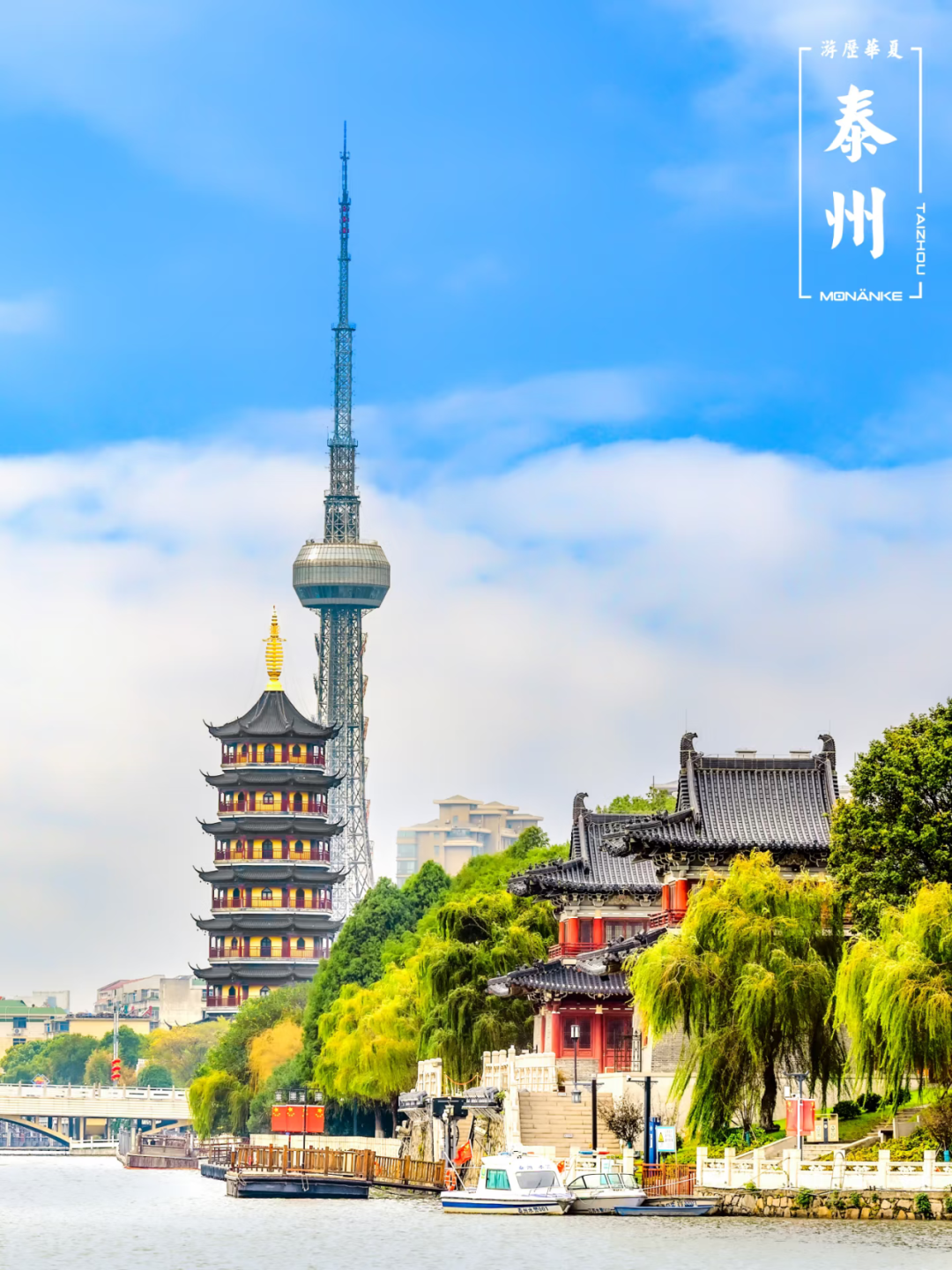
Water is the cradle of Taizhou's culture. Situated between the Yangtze and Huai Rivers, Taizhou is interlaced with waterways and has long been known as a "land of rivers and lakes". This unique geography has shaped the collective temperament of the Taizhou people—"supreme goodness is like water". Wang Gen, a Ming dynasty philosopher, founded the Taizhou School, advocating the idea that "the Dao is found in the daily lives of the people." Like water—formless yet nurturing all—this philosophy infused profound Confucian thought into everyday life.
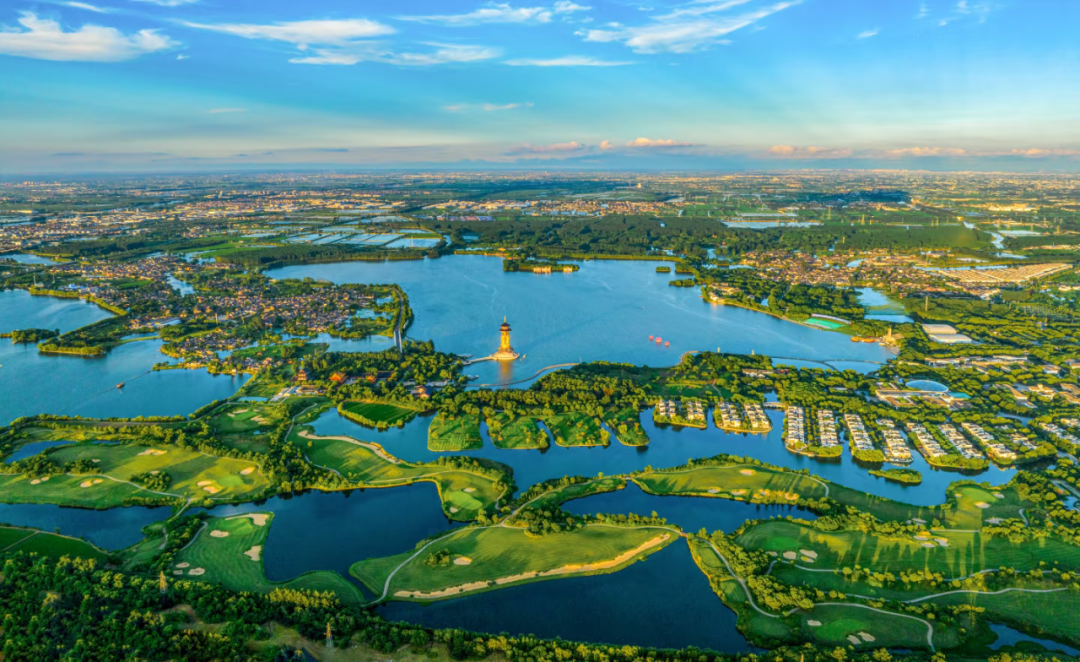
Every Qingming Festival, Qin Lake in the ancient town of Qintong hosts the grand Qintong Boat Festival. Hundreds of freshly decorated boats gather on the lake, their polemen dressed in traditional attire, propelling the vessels in unison to the thunderous rhythm of work chants. The spectacle is awe-inspiring. Designated a national intangible cultural heritage, the Qintong Boat Festival is not only a tribute to nature but also a vivid expression of the water town people's spirit of unity, cooperation, and striving for excellence.
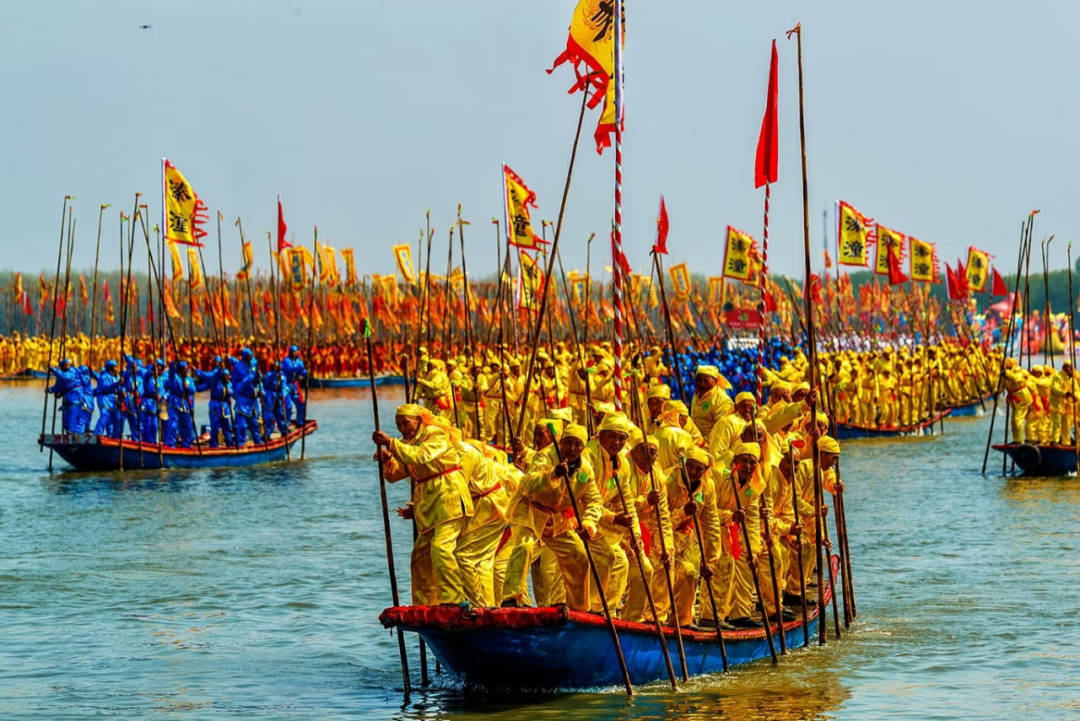
The qualities of water have also forged the sense of responsibility of Taizhou's people to take the lead in the tide. On April 23, 1949, the People's Liberation Army Navy was founded at Baima Temple in Taizhou. These waters witnessed the Navy's historic beginning from nothing. Today, the Navy Birthplace Memorial stands solemnly, silently recounting the magnificent journey "from rivers to the deep blue sea". This is the ultimate devotion of the water city's sons and daughters to their nation—transforming water's resilience and strength into a mighty force for defending the homeland.
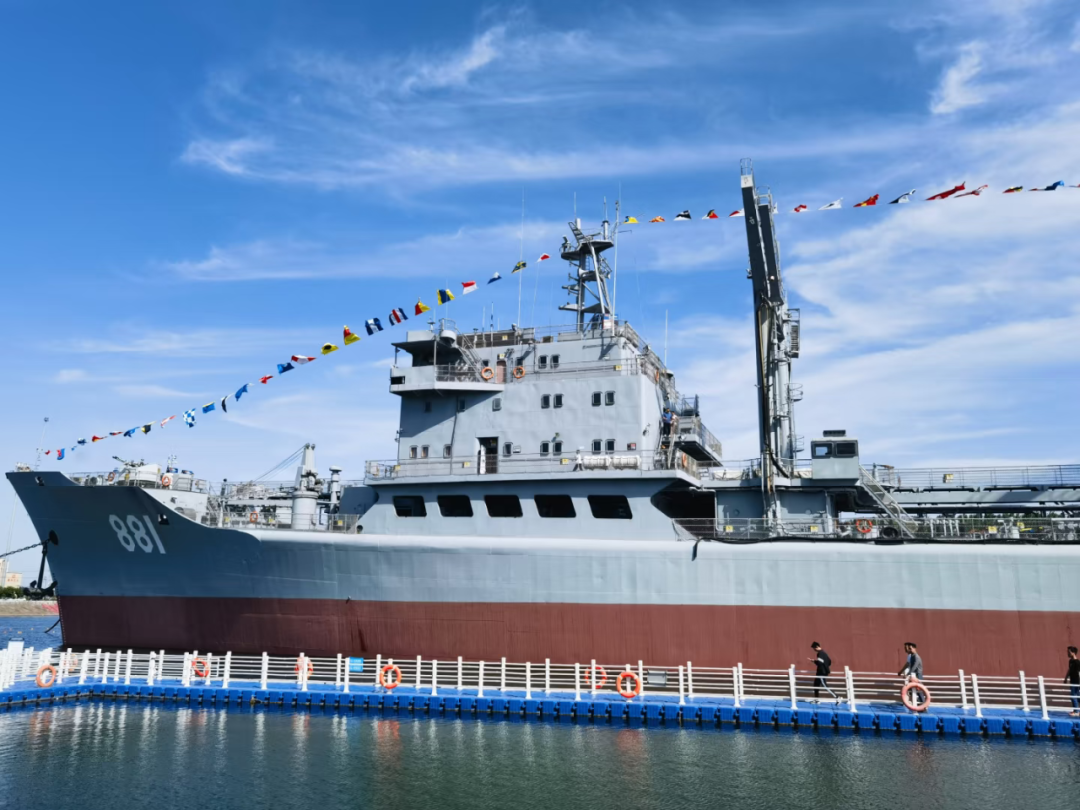
Taizhou's cultural firmament sparkles with luminaries. Shi Nai'an, in Baiju Field of Xinghua (now part of Taizhou), authored Water Margin, one of China's Four Great Classical Novels, branding the city with a legacy of chivalry. Zheng Banqiao, one of the "Eight Eccentrics of Yangzhou", once served as magistrate of Fan County, and his wisdom of "rarely muddled" thinking left a lasting influence. Peking Opera master Mei Lanfang traced his ancestral roots to Taizhou, his artistic achievements bringing Chinese opera to the world stage. Remarkably, Taizhou has produced five zhuangyuan(top scholars in imperial examinations) and over 300 jinshi(successful candidates in the imperial examinations), while Song dynasty educator Hu Yuan pioneered the "Su-Hu Teaching Method", the earliest system of subject-based instruction in China.
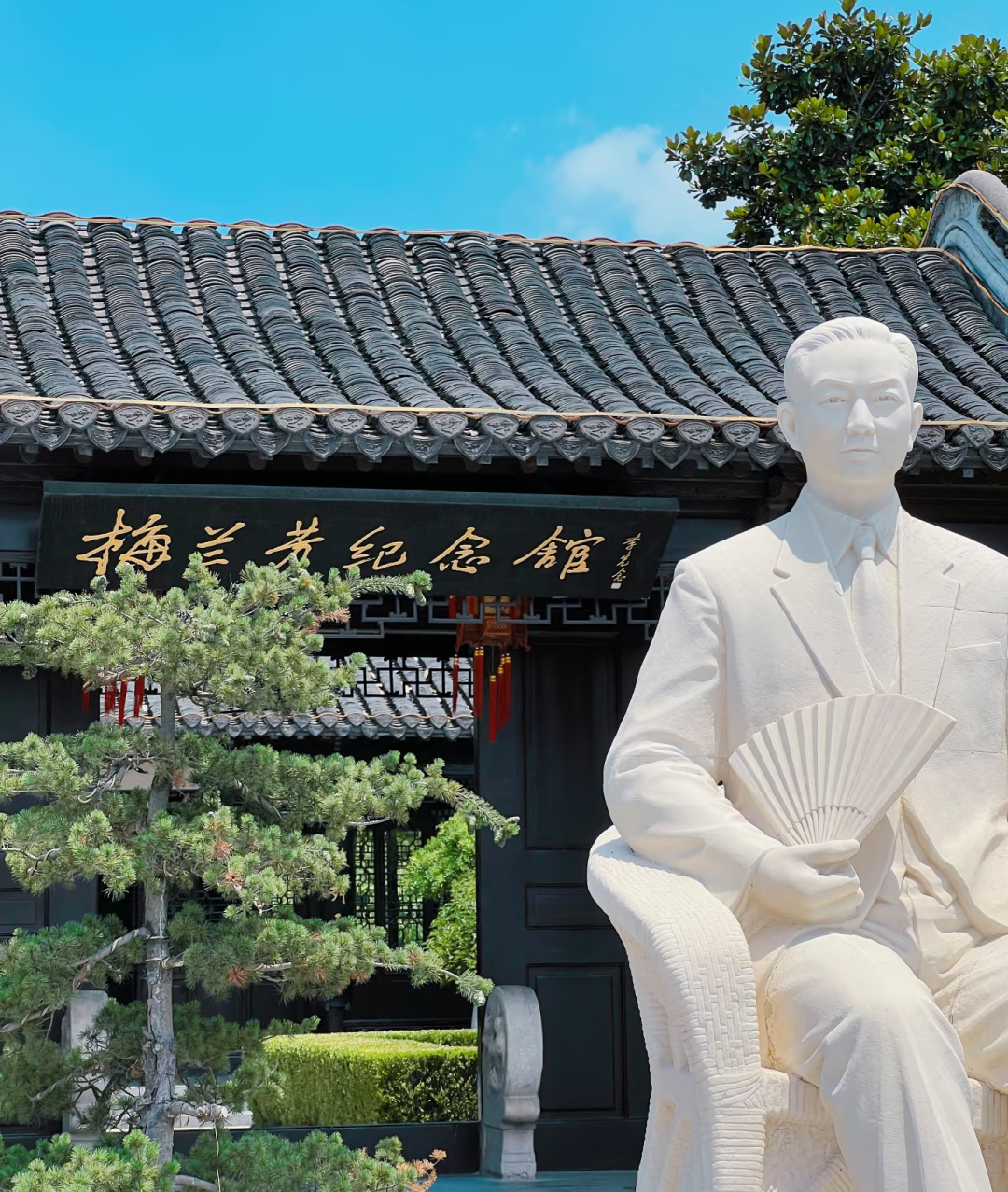
Step into modern-day Taizhou, and you will find the Fengcheng River scenic area preserving the Ming and Qing ancient city layout in its entirety, with Peach Garden, Plum Garden, and Willow Garden lining the riverside, reviving the classical imagery of "twin waters encircling the city". The Taizhou Museum houses treasures such as a Tang dynasty gold necklace with entwined floral patterns and a Song dynasty brick inscribed "Hailing Granary", silently telling its glories of the past. Annual events like the Mei Lanfang Arts Festival and Academic Symposia on the Taizhou School breathe new life into traditional culture. Notably, Taizhou's morning tea tradition—an important branch of Huaiyang cuisine—featuring specialties like scalded shredded tofu, fish soup noodles, and crab roe buns, elevates the aesthetic of "exquisite dining" to its finest expression.
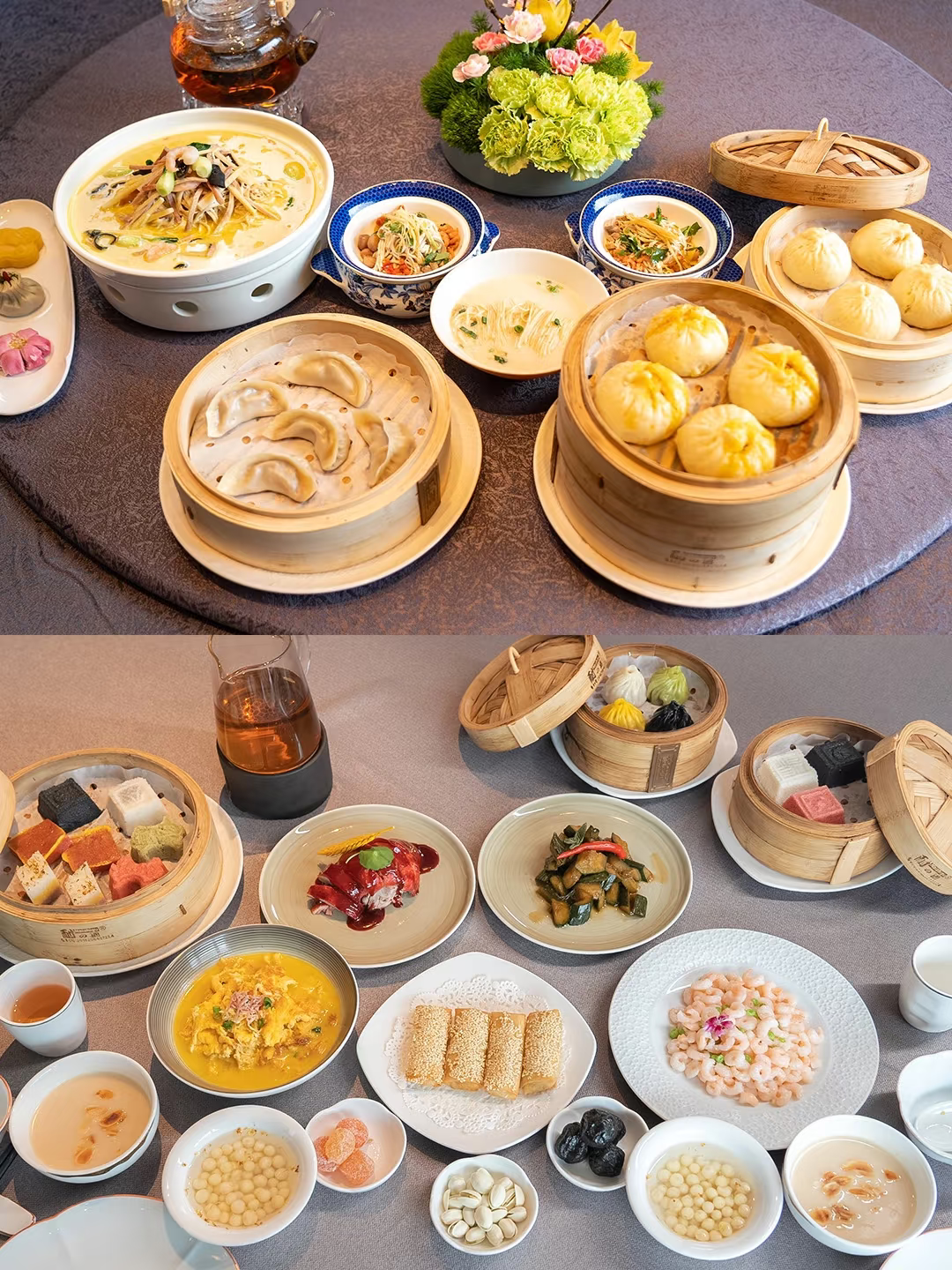

访客通道(项目入口)
还没有账号?
立即注册